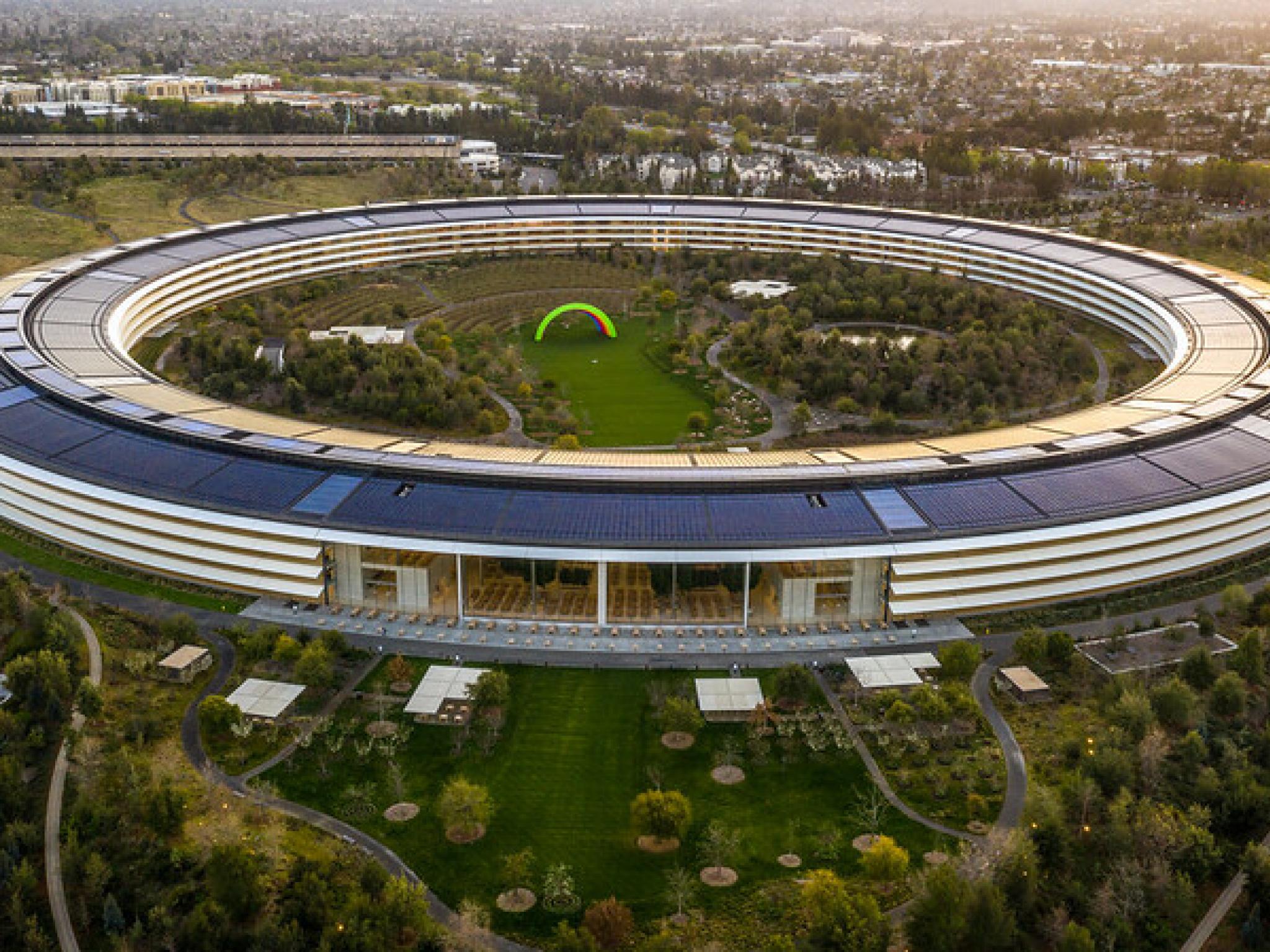
The U.S.-China relationship, which was beginning to mend, has taken a turn for the worse in the wake of House Speaker Nancy Pelosi’s visit to Taiwan, which China calls its territory.
Pointing to a recent white paper published by the Xi Jinping administration, Loup Ventures co-founder Gene Munster said he sees the pressure building.
China “will tolerate no foreign interference in Taiwan,” the Asian nation reportedly said in the white paper.
Apple’s China Exposure: About 75-80% of Apple’s product sales and 60-62% of overall sales are “Made in China,” Munster said in a note. Additionally, 18% of the company’s annual revenue comes from Greater China.
“Compared to other big tech companies, I believe that Apple has the most China exposure,” the venture capitalist says.
On Apple’s March quarter earnings call, CEO Tim Cook complimented the company’s supply chain, saying that it’s a “fast-moving” supply chain, with short cycle times.
“There’s very little distance between a chip being fabricated and packaged and a product being – going out of factory,” he reportedly said.
Once the China COVID headwinds ease, Munster expects the Apple-China flywheel speed to increase, benefiting earnings.
Read Ray Dalio-run Bridgewater Associates' portfolio changes in Q2
Supply Chain Diversification Efforts On: Apple is in the process of reducing its reliance on China, Munster said. Although it may take years, in the end, the company will be successful in building production and a strong user base outside of China, he added.
Given Cook has had decades of experience in navigating geopolitical challenges, he may have realized the gravity of the current situation and the need for lessening exposure to the region, the fund manager said.
With Cook likely to retire between 2026-2028, he has time to position the supply chain for the next decade, Munster said.
Apple’s Diversification Efforts: Munster thinks Apple is serious about diversifying its supply chain. He listed the following as recent measures toward this direction:
- Apple announced in 2018 about $350 billion for U.S.-based development and job creation.
- About a year later, the company announced plans to build two $1 billion campuses — in Austin, Texas, and in North Carolina’s Research Triangle Park.
- In April 2021, the tech giant said it would add $80 billion and another 20,000 jobs to its original $350 billion investment, bringing the total investment to $430 billion over a five-year period.
“After the current investment commitment ends in 2026, I expect the company to invest within the US at a similar incremental pace of about $17B per year,” Munster said.
Apple closed Friday’s session 2.14% higher at $172.10, according to Benzinga Pro data.






